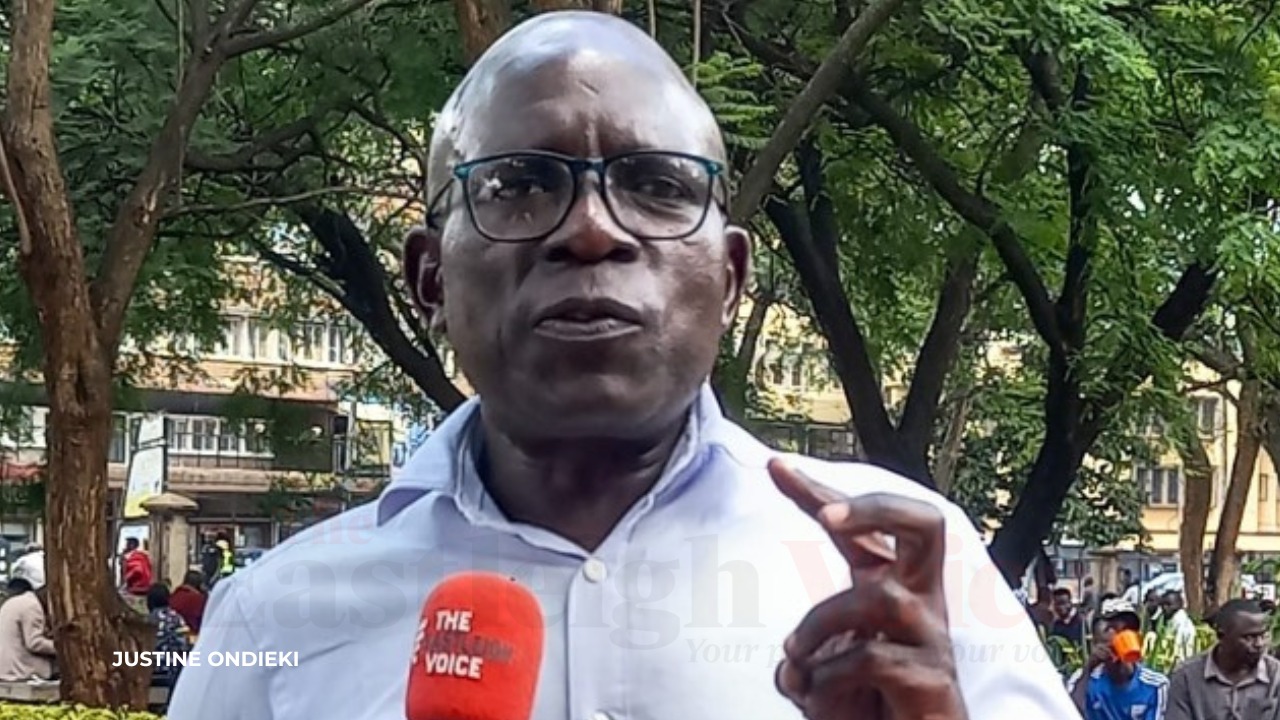Second-hand car taxes set for overhaul as KRA reviews outdated pricing model

The Authority said a joint technical team comprising its officials and players in the motor vehicle industry is currently reviewing the Current Retail Selling Price (CRSP), last updated in 2019.
The Kenya Revenue Authority (KRA) will release a new valuation guide for taxing imported second-hand vehicles by July, amid pressure from car dealers over inflated duty charges and an outdated pricing framework.
According to the tax agency, the new guide will include updated models and adopt global best practices for vehicle valuation.
More To Read
- Weak taxation of wealthy costs Kenya Sh130 billion annually, report finds
- Ex-Nairobi governor Sonko gets relief as Tribunal directs KRA to unfreeze his bank accounts
- Businesses granted 30-day relief on long-stay container charges at Mombasa port
- Meta to deduct 5 per cent tax on Kenyan creators’ earnings in 2026
- National Treasury says weak revenue, high debt repayments straining Kenya’s budget
- Cars registered before 2019 must reach Kenyan ports by December 2025 - KEBS
The Authority said a joint technical team comprising its officials and players in the motor vehicle industry is currently reviewing the Current Retail Selling Price (CRSP), last updated in 2019.
The CRSP is used to determine the duty payable on imported used cars based on the value of a brand new vehicle when sold in Kenya, less depreciation, profit margin and local taxes.
“The review of the entire valuation database for used motor vehicles is ongoing. Subsequently, once the review process is completed, all the newer models will be incorporated into the CRSP database. This process is expected to be finalised by July 2025,” KRA told Business Daily.
“The applicable values will be published once the technical team reviewing the valuation database for used motor vehicles concludes the work.”
The multi-stakeholder committee includes representatives from the Kenya International Freight and Warehousing Association, Car Importers Association of Kenya, Kenya Auto Bazaar Association and the New Motor Vehicle Dealers Association.
The move comes amid growing frustration within the motor vehicle industry, with second-hand car dealers lamenting the lack of an updated CRSP. They argue that the outdated framework has resulted in questionable duty rates for newer vehicle models that do not appear on the 2019 CRSP.
Under the new CRSP, taxes on imported used vehicles will either increase or decrease depending on their market value, potentially leading to fluctuations in retail prices.
KRA currently relies on a mix of data sources to determine the value of newer car models, including customs values of identical or similar vehicles or previously accepted values. Dealers, however, claim this approach is flawed and has led to inflated duties.
Last year, the controversy escalated to the courts, where KRA was sued over claims that it failed to conduct public participation before implementing the 2019 CRSP. The court found the guide unconstitutional on those grounds.
In one of the submissions to the court, it was revealed that KRA had listed the price of a new Subaru Forester at Sh6.39 million, while its actual showroom sticker price was Sh4.38 million. The discrepancy resulted in importers being slapped with an additional tax burden of more than Sh1 million on the model.
The current tax structure on second-hand vehicles imported from markets such as Japan, the UK, and South Africa includes an import duty of 35 per cent, excise duty ranging from 25 per cent to 35 per cent depending on engine size, and a value-added tax of 16 per cent. The taxes are applied cumulatively and in that order, starting with the CRSP, which allows for a maximum depreciation rate of 65 per cent based on the eight-year import limit.
This means that even slight inflation of the base value can significantly increase the overall tax burden. In the petition filed by the Car Importers Association, the court heard that KRA had arbitrarily applied higher price lists, leaving some importers with unexpected additional tax obligations running into millions of shillings.
Dealers have also flagged several inconsistencies in the current system. For instance, they note that the Mazda CX-3 with a 2,000cc petrol engine is cited as one of the models not listed in the 2019 CRSP but subjected to what they term exaggerated tax rates.
Others have questioned why Honda models attract higher duties than certain Mercedes-Benz units, calling the methodology used by KRA “illogical.”
With the majority of vehicles in Kenya being imported second-hand units, the outcome of the CRSP revision is expected to have a significant impact on car prices and the broader automotive market.
Top Stories Today











































